Mitsubishi appeals for Japanese cars to unite to jointly combat Chinese cars in the Southeast Asian market
 AshleyMar 06, 2025, 11:52 AM
AshleyMar 06, 2025, 11:52 AM
【PCauto】Recently, Tatsuo Nakamura, Executive Vice President of Mitsubishi Motors, called for Japanese automakers to unite and work together to counter the competition from Chinese car manufacturers. In recent years, Chinese car companies have achieved impressive sales growth in the Southeast Asian market. As the global automotive industry undergoes a shift towards electrification and intelligence, Chinese automakers have seized this opportunity to aggressively expand into Southeast Asia.
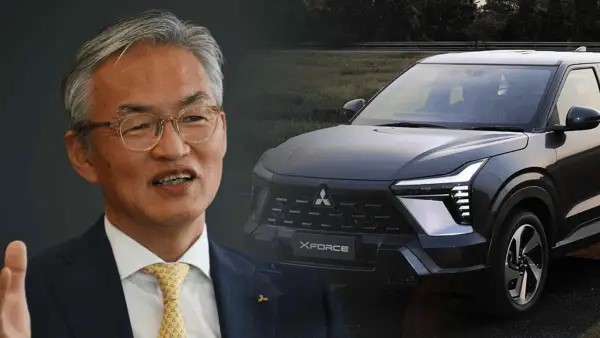
Take Thailand as an example. Against the backdrop of the government's "30/30 policy," which encourages the development of electric vehicles (EVs), Chinese companies such as BYD, GWM, Geely, and NETA have not only invested in local factories to reduce costs but also gained quick popularity among local consumers with their advanced smart technology, stylish designs, and highly competitive pricing.
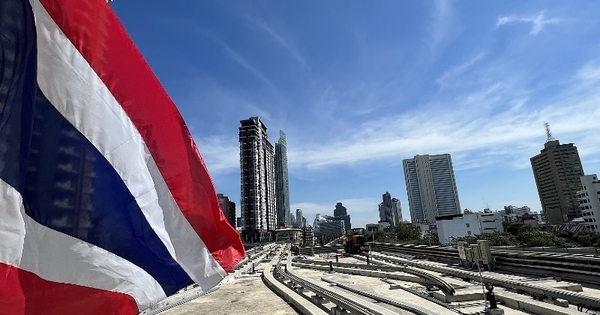
In 2024, the number of EV registrations in Thailand reached around 70,000, accounting for 14% of total car sales, and Chinese brands dominated the EV market, with four of the top five brands being from China. Looking back, according to Nikkei Asia, in 2023, the total sales of passenger cars and commercial vehicles in Thailand were 775,780 units. At that time, Chinese car companies had captured an 11% market share, which was 2.2 times higher than in 2022. Among them, BYD performed the best, selling around 30,000 units in Thailand in 2023, achieving a market share close to 4%, surpassing Nissan and Mazda, and ranking 6th.
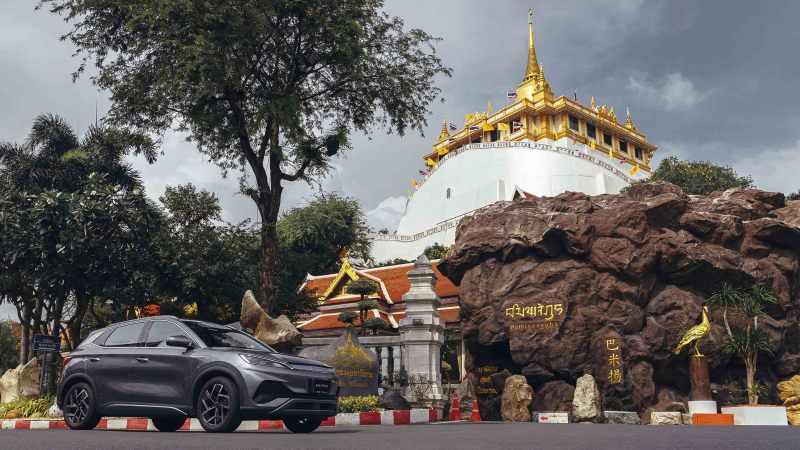
Faced with fierce competition from Chinese car manufacturers, Mitsubishi has maintained a certain level of confidence. Tatsuo Nakamura pointed out that Mitsubishi Motors is "still one step ahead" in Southeast Asia. The company has established a wide and deep service network in the region, with particular strength in countries such as Indonesia and the Philippines. Even in remote island areas, Mitsubishi's spare parts can be delivered in a timely manner, ensuring that vehicles receive proper maintenance and service—an after-sales service capability that other automakers find difficult to replicate in the short term.
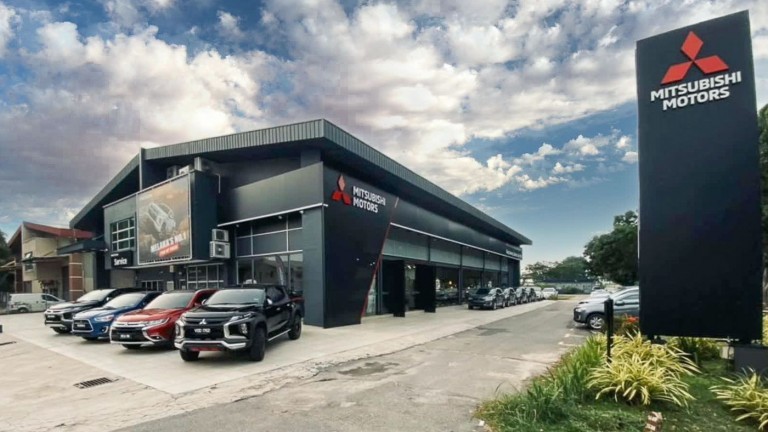
In addition, Nakamura emphasized that Mitsubishi vehicles have a higher resale value compared to Chinese electric vehicles. Chinese EV dealers often offer significant discounts to capture market share, while Mitsubishi sticks to its pricing strategy and does not offer discounts easily. Mitsubishi is also able to continuously provide extensive services and ample spare parts to ensure that car owners have peace of mind.
Despite Mitsubishi's strengths and confidence, it is undeniable that the impact of Chinese automakers is steadily increasing. If Japanese car companies want to continue to maintain a strong foothold in the Southeast Asian market, Nakamura's call for collaboration could be a viable strategy.
Through unity and cooperation, Japanese automakers can consolidate resources, focus on accelerating breakthroughs in technologies such as hybrid and intelligent networking, and enhance the overall competitiveness of their products. In terms of sales channels, they could optimize and integrate dealer resources, improve service networks, and raise the quality of service.
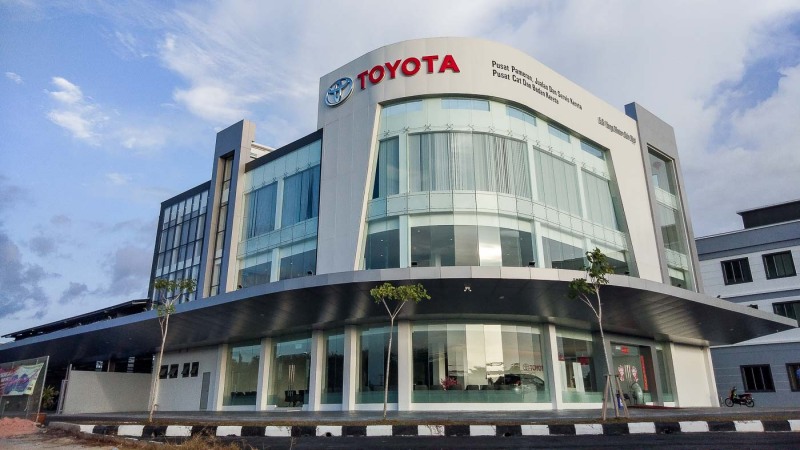
In this fierce competition in the Southeast Asian automotive market, whether Japanese automakers can withstand the pressure from Chinese car companies through collaboration or whether Chinese automakers will further expand their market share through continuous innovation and progress remains to be seen. However, regardless of the outcome, this intense competition will drive the entire Southeast Asian automotive industry toward higher quality development, bringing consumers more high-quality and affordable car products.
If any infringement occurs, please contact us for deletion
Trending News

Perodua Myvi and Bezza may undergo major upgrades in 2026
After the update, the Bezza will no longer be just a low-cost alternative but a core model in the Perodua system with greater market competitiveness and brand premium potential. The upgrade of the Myvi is not to be unconventional but to strengthen the brand and market, ensuring that the Myvi continues to maintain its irreplaceable position in the new round of product competition.

Perodua Traz VS Ativa, which one is more worth buying?
Traz, as a newly launched mid-sized SUV, offers more spacious room and mainstream power compared to small SUVs, but its pricing appears slightly higher than that of Ativa. Ativa, on the other hand, is Perodua's long-time best-selling small SUV with more affordable pricing and a balanced combination of power and tech features.

Perodua Traz VS Toyota Yaris Cross, where does the Traz fall short?
Before the official launch of the Perodua Traz, market expectations were actually very high because it shares the same DNGA platform as the Toyota Yaris Cross. However, sharing the same platform does not equate to the same experience, and the Traz's final performance has indeed been disappointing. Perhaps it is precisely because of the delayed launch that it has almost no competitiveness in the current competitive environment.

Will the Toyota Yaris Cross come to Malaysia? If it comes, how much will it sell for?
The launch of Perodua Traz indicates that the market size of small SUVs in Malaysia has been expanding in recent years. However, the question naturally shifts back to Toyota. As a brand with the most comprehensive product line and a strong foundation in both the SUV and hybrid sectors, will Toyota choose the Yaris Cross to participate in this small SUV competition?

Why is the Toyota Sienna so popular with so many people?
In Malaysia, most family MPVs choose Toyota Alphard, Vellfire, or Kia Carnival. These models each have their advantages in luxury, space, or brand influence, but models that truly balance large space, multifunctional practicality, fuel efficiency, and reliability are rarely seen.
Popular Cars
Model Year
Car Compare
Car Photo

